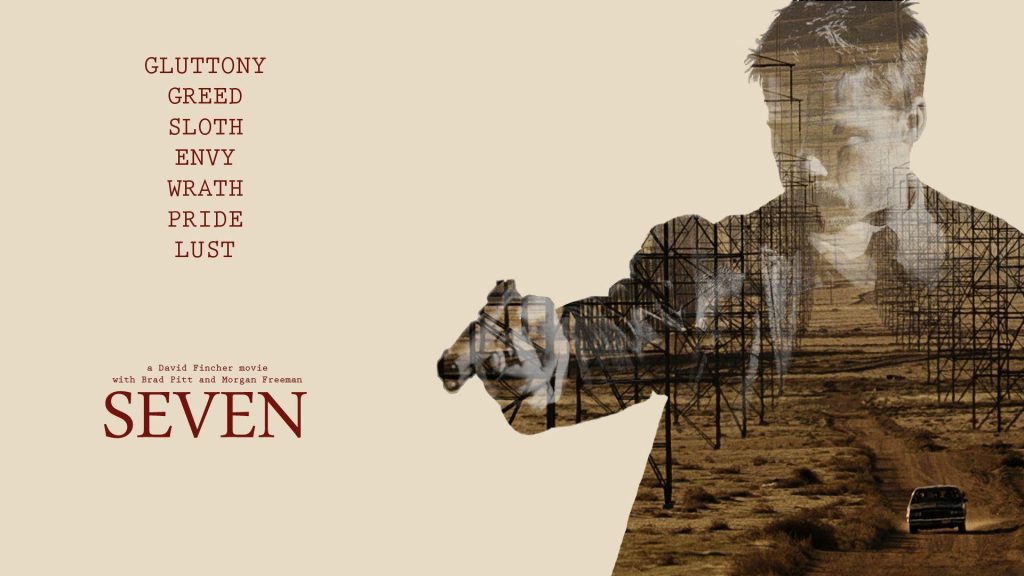
Richard Gadd’s “Baby Reindeer” is a twisted tale of obsession and empathy. Both go hand in hand, of course. As a matter of fact, all empaths are out of line, and their empathy is at best self-destructive. Many such characters exist in the worlds of fiction and reality. For example, Raskolnikov from Fyodor Dostoevsky’s novel “Crime and Punishment“ descends to madness due to his empathic nature. Or Jay Gatsby from F. Scott Fitzgerald’s “The Great Gatsby” can be considered another character “wallowing in his empathy.” One more example could be Holden Caulfield from J.D. Salinger’s “The Catcher in the Rye.” Holden is highly empathetic towards children and is deeply affected by the suffering of others. However, his self-destructive tendencies, such as his alienation from society and his inability to cope with loss, lead him down a path of despair and isolation.
We see similar self-sabotaging patterns in the nature of Donny (Gadd’s character in Baby Reindeer). At times, he could get away from Martha. He didn’t because of his “obsession with Martha’s obsession with him.” Now, this might seem unusual to an audience unfamiliar with trauma bonding or any such peculiar subjects. However, people who have experienced such tendencies in themselves or their loved ones will know exactly what I mean. Overall, Baby Reindeer has successfully captured and delivered a haunting exploration of trauma bonding, obsession, and empathy, delving into the complexities of human connection with unflinching honesty and raw emotion. It’s a solid show with solid characters and praiseworthy performance
Donny (a struggling stand-up comedian) finds himself working in a pub in Camden while living with his ex-girlfriend’s mother in a small apartment. His seemingly simple life seems to upend when a lonely and sad woman (Martha) walks into the bar one day. Feeling pity for the woman, Donny offers her a cup of tea. This leads to a series of ordinarily weird interactions between the two characters, which Donny seems to enjoy. The situation darkens when he finds himself the subject of Martha’s romantic advances (obsession). Unsure of his feelings for Martha, Donny decides to distance himself, which agitates Martha. As she starts to stalk and sabotage his life. The Martha saga brings back haunting memories of Donny’s past as he delves deeper into self-decay.
Throughout the series, Gadd’s portrayal of Donny is both compelling and deeply unsettling. The narrative unfolds with a piercingly unique voice, capturing the horror of the situation with a snappy matter-of-factness. Gadd’s reluctance to dwell too long on any one stomach-churning detail before moving on to the next adds to the relentless pace of the story. This storytelling style, combined with his self-awareness, ensures that the narrative never becomes navel-gazing, despite its introspective subject matter.
Martha’s bombardment of deranged emails, tweets, and voice messages serves as a second form of narration, offering a disturbing window into her deluded interpretation of her interactions with Donny. These messages, ranging from childlike to sexually explicit and violent, highlight the complexity of Martha’s character and her twisted obsession with Donny.
Jessica Gunning’s performance as Martha is a standout, her haunting squeal-like laugh encapsulating the duality of Martha’s innocence and unhinged brutality. This duality is central to the series, as it explores the fine line between victim and perpetrator, empathy and obsession, with nuanced precision. Gadd’s portrayal of his own trauma and dependency on his abuser’s approval and attention is devastatingly authentic, making “Baby Reindeer” a thorny but essential interrogation of trauma, power, and empathy.
The series doesn’t shy away from the depths of Gadd’s self-flagellation, as he castigates himself for having humored Martha out of pity and insecurity, and for having been flattered by her attention. His internal monologue reveals the crux of his emotional turmoil, as he navigates the complex power dynamic between him and Martha—a mentally ill older woman and a predator, and him, a young comedian and the prey.
In addition to his entanglement with Martha, Gadd’s past with Darrien (Tom Goodman-Hill), a successful comedy writer who exploited Donny’s ambition, is explored. This relationship adds another layer to Gadd’s profound sexual confusion, which infects his budding relationship with Teri (Nava Mau), a trans woman. This subplot enriches the series, highlighting the long-lasting effects of manipulation and abuse on Gadd’s psyche.
“Baby Reindeer” is a masterful blend of dark comedy and psychological horror, delivering a raw and unflinching exploration of the human condition. Through its compelling characters and haunting performances, it raises important questions about the nature of empathy, the impact of trauma, and the complexities of human relationships. The series is not just a story of obsession and degradation; it is a poignant reminder of the fragile boundaries between kindness and self-destruction.


An poignant examination of one of the most popular shows on Netflix right now. An objective and moving assessment of the antagonist and protagonist, with special attention to the former as he dug into the depths of his pain. Overall, a powerful essay by this author, who effectively captures the range of feelings this show has evoked.
Thanks, Aishah. I’m glad you liked it